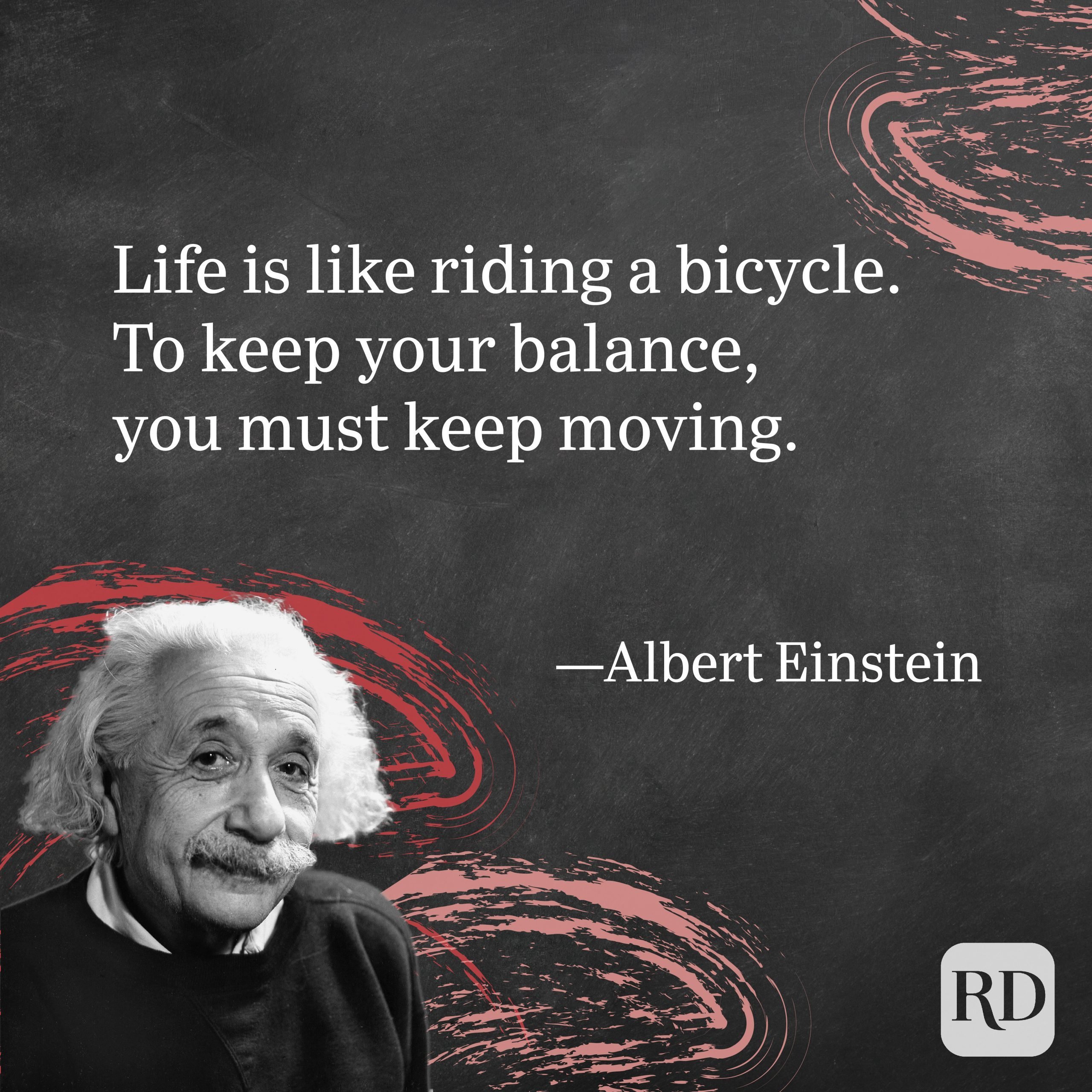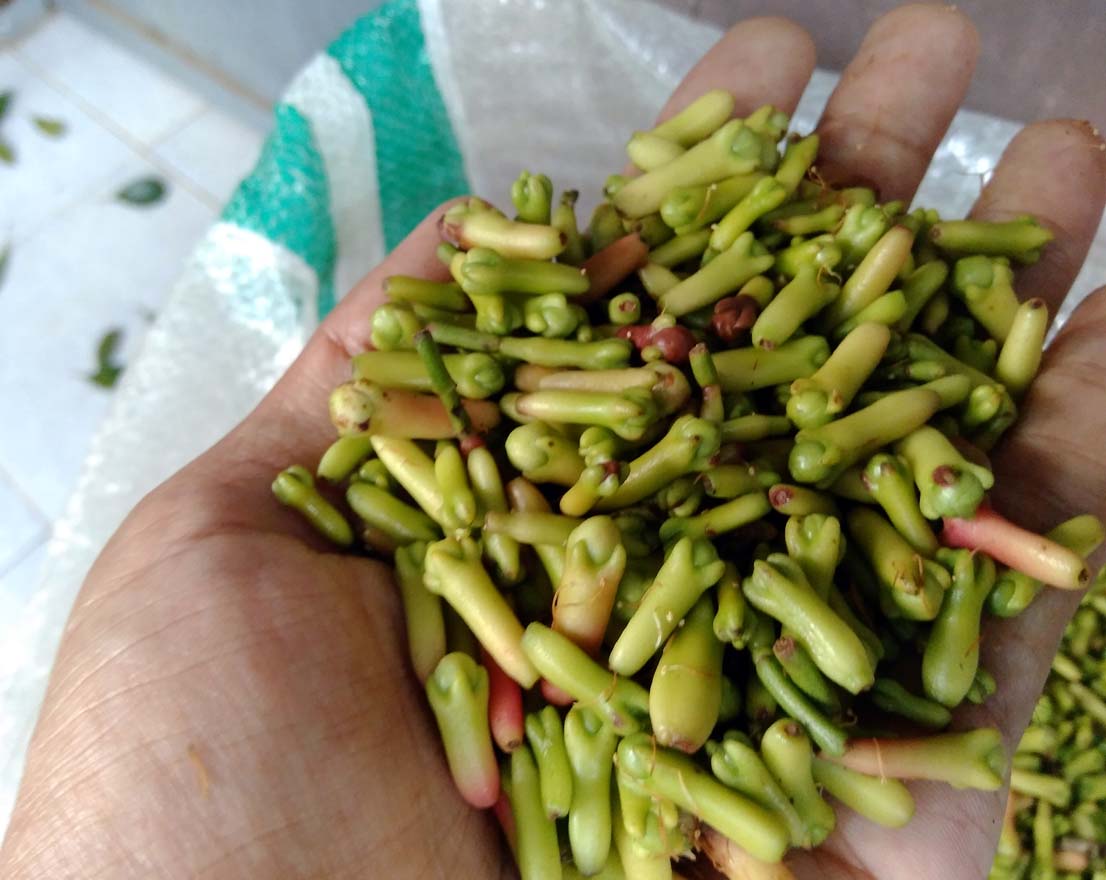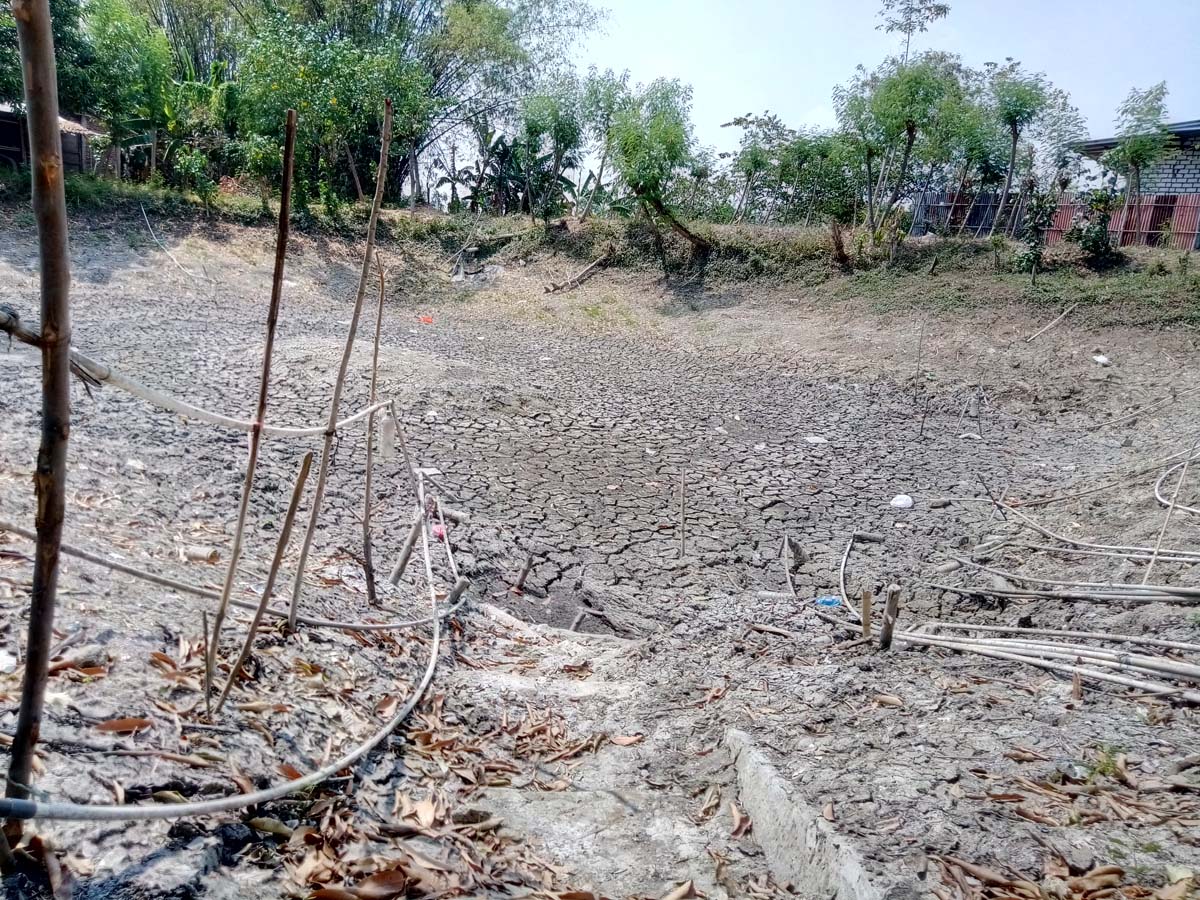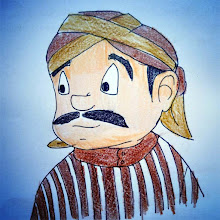One of the most memorable moments I cherish during the pandemic and would like to repeat when things go normal again is my participation in Kelas Inspirasi, a volunteering activity in education that provides me with ample opportunity to visit elementary schools across the country. I have only joined on four occasions in four cities including my hometown in 2019.
To be frank, visiting Madiun has been a hell of a memory for me. There is when I discovered the magical clause, "Ojo leren dadi wong apik."
Ojo leren dadi wong apik
The clause may be short but it proves powerful. It is fueling life with an energy that transcends belief and intelligence. The Javanese phrase literally translates, "Never cease being good!" and that is what makes us human.
People today may be driven by greed and superficiality and more people are perhaps taken into joining the group. However, it is our job to remain who we are, to show everyone we enjoy doing good, and take pride in preserving any acts of random kindness.
It doesn't imply we desire no money or wealth, but the clause emphasizes that doing good is neither a hobby nor a mere manifestation of God's command but a part of lifestyle because we have it in our DNA so that we escape life if we don't embrace it.





















